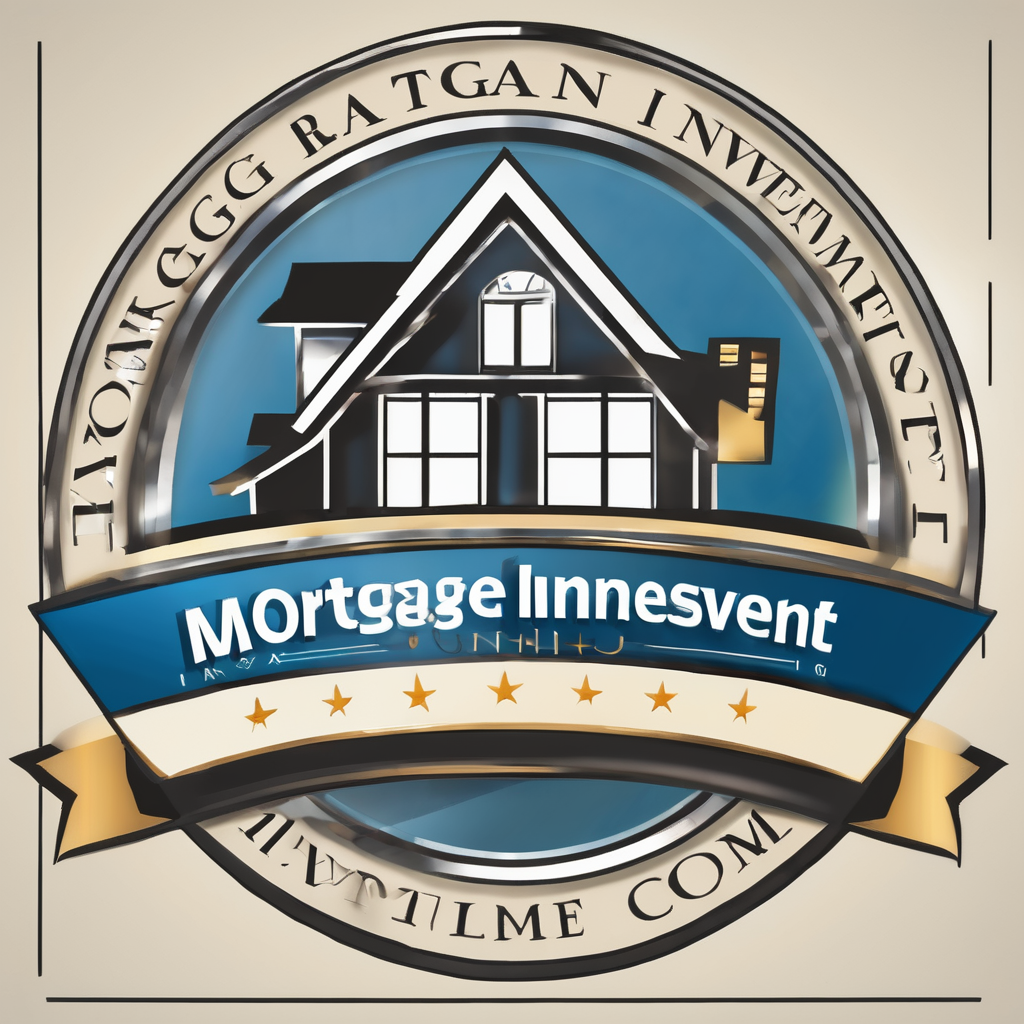Investing in a holiday property is a significant financial decision that requires careful consideration and calculation. A holiday let in the Lake District, for instance, has the potential to generate significant income, but it also comes with its fair share of costs and obligations. You must factor in expenses such as the mortgage, taxes, letting costs, and property maintenance. In this article, we will guide you through the process of calculating the potential Return On Investment (ROI) on a holiday let in the Lake District.
Understanding the Concept of ROI
ROI, or Return on Investment, is a key metric used by investors worldwide to compare the efficiency and profitability of different investments. In the context of a holiday let, ROI is calculated by determining the net profit of the property and dividing it by the cost of the investment.
A voir aussi : What Insurance Considerations Are There for UK Properties with Underfloor Heating?
To calculate your net profit, you will need to subtract all your costs from your total rental income. These costs include mortgage payments, property taxes, insurance, letting costs, maintenance, refurbishment, and any other expenses you incur throughout the year.
The cost of the investment, on the other hand, refers to the price you paid for the property, plus any additional funds you invested in renovations, furnishings or improvements.
A découvrir également : How Can Home Automation Systems Impact Your Home Insurance in Birmingham?
By dividing your net profit by the cost of the investment, you get a percentage that represents your return on investment. This percentage gives you an accurate picture of the profitability of your holiday property.
Estimating Rental Income
The first component of the ROI equation is rental income. You need to estimate the amount of money you expect to earn from renting out your holiday let each year.
The Lake District is a popular tourist destination, attracting millions of visitors each year who are seeking the tranquility and beauty of its landscapes. As a result, properties in this area can command high rental rates, especially during peak holiday seasons.
To estimate your potential rental income, look at average rental rates for similar properties in the same area. Consider factors such as size, location, amenities, and overall quality. Remember that these rates can fluctuate depending on the time of year, so take into account peak and off-peak seasons.
Keep in mind that it’s unlikely your property will be rented out 365 days a year. A realistic expectation might be that it will be occupied for 70-80% of the year, allowing for periods of vacancy and time for maintenance and repairs.
Calculating Costs
On the other side of the equation are the costs associated with owning and operating a holiday let. These include the mortgage, if you have one, as well as property taxes, insurance, and letting costs.
Your mortgage payments will depend on the size of your loan, the term of the mortgage, and the interest rate. An online mortgage calculator can help you get a rough estimate of your monthly payments.
Property taxes in the Lake District can vary depending on the property’s location and value. The local government’s website should provide information on tax rates and how they’re calculated.
Insurance for a holiday let is typically more expensive than for an owner-occupied home. This is because rented properties are considered a higher risk. Make sure you get a specific quote for a holiday let, not a regular home insurance quote.
Letting costs include fees for property management services, if you choose to use them, as well as costs for advertising your property, processing bookings, and cleaning between guests.
Maintenance costs can involve everything from minor repairs and upkeep to major refurbishments. It’s prudent to set aside a portion of your rental income each year to cover these expenses.
Considering the Impact of Tax
When calculating your ROI, you must take into account any taxes that you will need to pay on your rental income. In the UK, income from rental properties is generally subject to income tax. The rate you pay will depend on your overall income for the tax year.
You can deduct certain expenses from your rental income to reduce your tax bill. Allowable expenses include mortgage interest, letting agent fees, maintenance and repair costs, utility bills, council tax, and insurance premiums.
However, keep in mind that tax laws and regulations can change, and they can be complex. So, it’s always a good idea to consult with a tax advisor or accountant who specializes in rental properties.
Factoring in Capital Appreciation
When calculating the potential ROI on a holiday let in the Lake District, you may also want to consider the potential for capital appreciation. This is the increase in the property’s value over time, which can significantly boost your overall return.
The Lake District has seen steady property price growth in recent years, driven by its popularity as a holiday destination and the overall strength of the UK property market. While past performance is no guarantee of future results, this trend could bode well for your investment.
However, keep in mind that property values can also go down, and selling a property can incur costs such as estate agent fees and capital gains tax. Therefore, capital appreciation should be seen as a potential bonus rather than a guaranteed part of your return.
Calculating the potential ROI on a holiday let in the Lake District involves a careful consideration of potential rental income, costs, tax implications, and the possibility of capital appreciation. With thorough research and careful planning, this investment can provide a lucrative return and a delightful holiday home for you and your guests.
Potential Business Rates and Council Tax
Just as with any property you own, your holiday let in the Lake District will be subject to business rates and council tax. Business rates are a tax on properties used for business purposes, and council tax is a local taxation system used in England, Scotland, and Wales.
Business rates are calculated based on the property’s ‘rateable value’, which is an estimate of its open market rental value. The local council determines this value. While holiday lets are generally exempt from business rates, there are exceptions. If your property is available to let for 140 days or more per year, it’s considered a self-catering property, and you will have to pay business rates.
Council tax, on the other hand, is based on the estimated value of your property and the number of people living in it. If your holiday let is available for short-term lettings less than 140 days a year, you will pay council tax instead of business rates.
The cost of these taxes can significantly impact your ROI, so ensure to include them in your calculations. However, certain reliefs or reductions might be available depending on your circumstances and the local council’s regulations, so it’s worth checking these out.
Evaluating the Role of a Letting Agency
When owning a holiday let, consider the benefits and costs of using a letting agency to manage your property. A letting agency can handle the day-to-day management of your holiday cottage, including marketing, booking, client communication, maintenance, and cleaning.
Using a letting agency can free up your time and ensure professional management of your holiday business. This might result in more bookings and higher rental income. However, remember that this service comes with a fee, typically a percentage of the rental income, which will impact your net profit and thus your return on investment.
It’s essential to factor in these costs when calculating your potential ROI. If you decide to manage the property yourself, you will save on letting agency fees. However, you will need to dedicate time and resources to the tasks mentioned above, which also has a cost.
In conclusion, calculating the potential ROI on a holiday let in the Lake District involves a comprehensive understanding of your expected rental income, factoring all costs associated, considering tax implications, and estimating potential capital appreciation. Your holiday property’s success as an investment will depend not only on the financials but also on the property’s location, quality, and your management strategy.
Whether you decide to buy a property in the Lake District as a long-term investment or a short-term vacation rental, remember that with thorough research and careful planning, you can create an investment that serves as both a source of income and a delightful retreat for you and your guests. It’s vital to always keep an eye on your property’s performance and adjust your strategies as needed.






